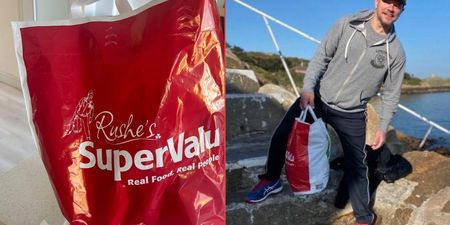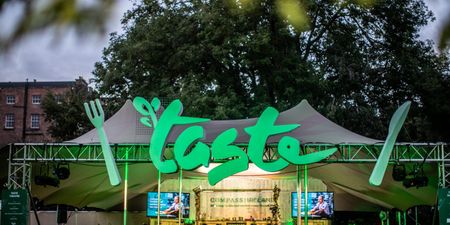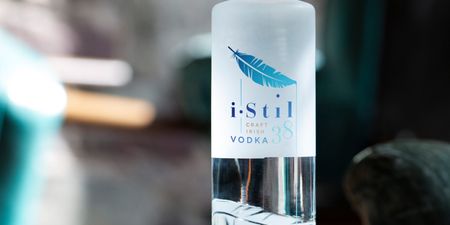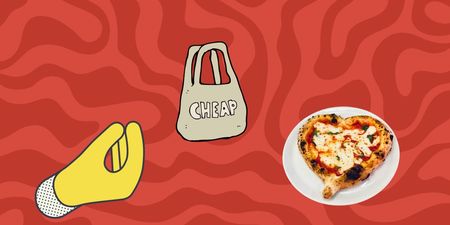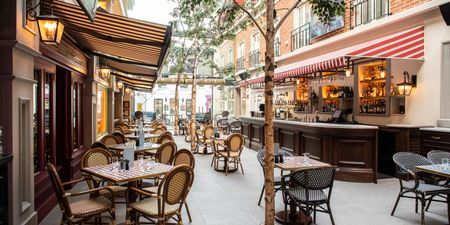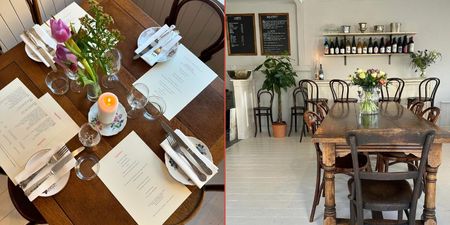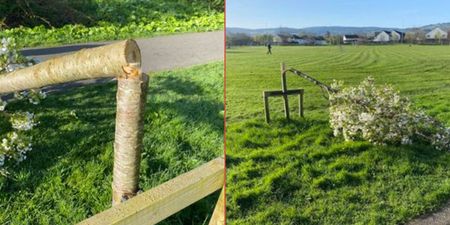This Christmas, we’ve teamed up with Focus Ireland to share some of the incredible stories from people who have experienced homelessness. In the first nine months of 2018 Focus Ireland helped more than 13,000 people, a 6% rise in a year. Focus Ireland prevents people from experiencing homelessness and helps those impacted by homelessness to find a stable home. These are personal stories, from childhood to adulthood, of loss, poverty, resilience and hope; stories that have been written as a result of collaboration between Catherine Dunne and Focus Ireland. We thank sincerely all those who have chosen to share their stories.
Katie’s Story
‘There are times,’ Katie says, ‘when I sit there on the rocks, just looking out at the sea. The movement of the water makes me wonder what it would be like to float away beyond the horizon. Leave it all behind.’ Then she straightens. ‘But I wouldn’t, of course. I have my daughter to think about.’
Katie and her teenage daughter, are homeless.
‘It’s the word I hate,’ Katie says. ‘That ‘less’ at the end of it. It means less of everything. Less deserving of respect. Less valuable. Less trustworthy. It’s not just about no longer having a roof over your head.’
Life for Katie and her daughter wasn’t always like this. Wasn’t always ‘less’. Once, Katie was happily married for twelve years: although her husband’s reckless attitude towards money was often a cause for concern.
Katie had her own job and every reason to feel as though life would continue in it’s own predictable, day-today ordinary way. There was plenty to fill it: work, home, and a close relationship with her only child, Eleanor.
She remembers the very moment it all began to fall apart.
‘My husband’s mobile rang,’ she says. ‘No name came up, just an initial. I was immediately suspicious and I challenged him.’ The memory is still a painful one. ‘He lied at first. Then he confessed. He was having an affair.’ There were other betrayals, too, unimaginable ones at the time.
‘He hadn’t paid the mortgage for three years. Gas, electricity, phone bills – all months in arrears. And,’ she stops for a moment, ‘he’d also recently maxed out my Visa card, without my knowledge, withdrawing over two thousand in cash.’
Katie was left with nothing and still can’t bear to calculate the enormity of the debt. Even though her family helped with food, Christmas and transport, she can still remember the sense of shame that almost crippled her.
What once felt like ordinary, predictable days – now became extraordinary ones filled with grief, bewilderment and loss. All of a sudden, Katie felt as though there was no future, an untrustworthy past and the nightmare of court proceedings.
Katie still isn’t sure how the court finally made its decisions.
The family home had to be sold to pay off the arrears and once the legal bills were paid, Katie had nothing left for a new home for her and her daughter. She experienced a deep sense of injustice.
‘The worst was the way the judge believed all the lies my ex-husband told – his affidavit was a tissue of untruths,’ she says. ‘I was stunned when I saw it, but the judge ruled that John, my ex, should pay ten euro a week towards our daughter’s upkeep. Ten euro?’ She takes a sip of her coffee. ‘To date, he’s never even paid that. Not a penny. He just abandoned Eleanor, like an old jacket. I had to ask her school to pay for her books.’
Once the dust settled, Katie was able to pick up the pieces and found a place to rent for her and her daughter. ‘I had a perfect payment record in that house for almost ten years,’ she says. ‘I never missed a month. Initially, I was paying eleven hundred, which was then put up to thirteen hundred. I looked after that house and garden like they were my own. I took pride in my surroundings – I always did. It was important to feel that it was our home.’
Just as everything was going well, her landlord ran into financial difficulties and the house was repossessed. With no one to turn to and a local council that were reluctant to accept she was in fact homeless, Katie says she felt acutely embarrassed.
‘I’ve lived in this country all my life,’ she says. ‘I’ve paid my taxes, been a good citizen. And when I’m forced to look for help due to circumstances beyond my control, I’m made to feel worthless. There’s that word again, ending in ‘less’. It hurts.’
Focus Ireland’s help was a lifeline.
Given the number by her local council, Katie reached out to Focus Ireland for help. The woman who answered her call was the first friendly, compassionate voice Katie had heard.
When she needed urgent accommodation, Focus Ireland helped her to secure a place in a Dublin city centre hostel. ‘Eleanor and I stayed there for eleven nights,’ she says. ‘It was devastating having to go there. I felt like such a bad parent. It’s my job to provide my child with a home.’
The accommodation was spotless, and the staff were wonderful, she says. ‘A kind word goes a long way.’ They encouraged her to make a cup of tea when she felt like it. They kept a kindly eye on her. ‘But I had to keep asking myself: how did I end up here? How did my life bring me here?’
Not only did Focus Ireland help Katie and her daughter find somewhere to stay, they soon secured them accommodation, provided her daughter with a travel card to get to university and helped them through a difficult time. ‘I’d have been lost without them.’
One room; one adult; one teenager. How do you manage?
‘We wash our clothes in the machine in Tesco,’ she says. ‘We don’t have an iron, but we hang our stuff up and hope the creases fall out in time.’ She pauses for a moment, then smiles. ‘When I think about it,’ she says, ‘I used to be one of those people who ironed tea-towels.’
Eleanor is at third level now. Her father still refuses to help, and the St Vincent de Paul has just paid for her text books. Katie is determined that her daughter will have as normal a life as possible. That she will pursue her career, become financially independent.
‘I walk Sandymount beach. I read. I go the library and search online for accommodation. I keep the hotel room tidy and neat. It’s our home. If I let that sense of order disappear, then I’ve lost everything.’ Sometimes, dinner is crackers and cheese, served out on the dressing-table. Occasionally, they’ll have fish and chips.
But worse than all the practical challenges, Katie says, are the psychological ones. ‘It’s not healthy, an adult woman and a teenager living cheek-by-jowl in such a cramped space. I’m terrified I’ll be a burden on my daughter. That she’ll feel responsible for my welfare. Sometimes, the guilt is intolerable.’
She has just learned that her ‘self-accommodation’ in the hotel has been confirmed for another two weeks. In the meantime, she’ll keep looking. At least, she says, it means she doesn’t have to make that awful phone call at three o’clock every day, to find out whether she has a place for herself and her daughter to sleep each night.
‘Eleanor shouldn’t have to suffer like this. But I have to try to make the best of things,’ she says. ‘If not for myself, then for my daughter.’
Every 8 hours a family is made homeless in Ireland. Together we can change this. Please help today by visiting focusireland.ie to make a donation, calling 1850 204 205 or Focus Ireland’s Instagram. Visit our hub for more information.
Note: All imagery sourced from stock.







